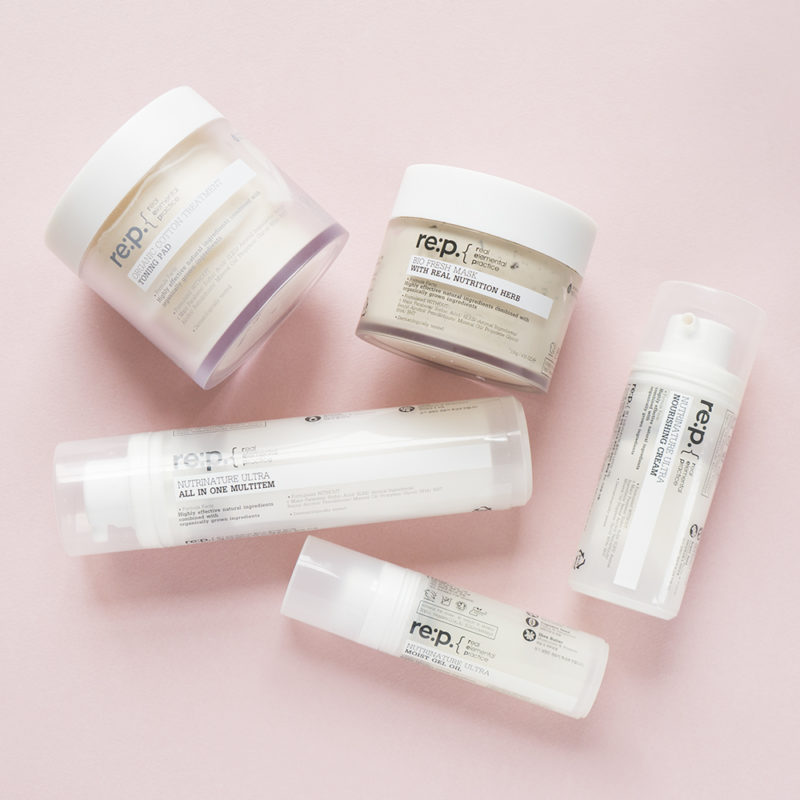Finding cruelty free skin care products from Korea can be kind of confusing. Here, we break down what it means for you now that South Korea has banned cosmetic ingredient testing on animals.
In 2016, South Korea made the groundbreaking decision to join an ever-growing number of countries in completely banning ingredient and cosmetic testing on animals by 2018. So now that it’s 2018, what does that mean for your K-beauty products?
Unfortunately, it doesn’t mean that all your K-beauty products are necessarily ethical.
Korean beauty has become a wave of its own across the globe, and specifically in other parts of Asia, including China. Mainland China requires animal testing of all cosmetic products (i.e. China versions of Korean skin care and makeup will still be tested on animals).
There are a few caveats to this. For some brands, the Chinese version of the product is different to the Korean or American version. If this is the case, the product that is sold in Korea would still be considered cruelty free, but obviously the brand would not be.
Also, the animal testing rule leaves a little wiggle room. Only if the product is available in brick and mortar stores, meaning on the shelves, in mainland China, does the product need to be tested on animals. Products that are shipped from abroad, or in fact sold in stores in Hong Kong or shipped through Hong Kong do not have to be tested on animals and can be considered cruelty free. Unfortunately, this does rule out a few brands like Etude House and Laneige, but leaves COSRX in the clear.
It also doesn’t mean that your K-beauty faves are vegan.
K-beauty, at its foundation, is about finding the best ingredients that work for your skin. This includes honey, royal jelly, milk, and snail mucin amongst other products that come from animals, but don’t necessarily harm animals.
“Cruelty free” only indicates that a product and its ingredients were not tested on animals. Broadly, this usually includes not killing animals in the process of experimentation. For many of these ingredients, animals were unharmed in their retrieval. But because these are still animal byproducts, skin care with these ingredients can be considered cruelty free but not vegan.
If all Korean products are cruelty free, why don’t these brands have Leaping Bunny certification?
This one’s tough because it differs for every company. Some K-beauty brands do have Leaping Bunny certification. Leaping Bunny offers a standard for a product to be free of animal testing. Many companies choose not to be on the list for a variety of reasons, including not believing that the standard is necessary to prove their commitment against experimentation on animals.
Statements like “cruelty-free” and “not tested on animals” can mean a variety of things. It can mean that the product is not tested on animals, but individual ingredients are or that the ingredients are tested on animals by a third-party contractor. It can also mean that the product is completely cruelty free by Leaping Bunny standards, but the company has chosen not to get the certification or in fact, does not realize the necessity of such a certification.
Buyers seeking cruelty free products should also be aware that most ingredients widely used in skin care have been tested on animals for years prior to any existence of the Leaping Bunny standard, which means that for a lot of skin care it is impossible to be entirely cruelty free because some ingredient was at some point tested on animals. Leaping Bunny exists simply to prevent future animal testing
The Leaping Bunny standard is recognized in the United States, Canada, the United Kingdom, and most of the European Union but is not widely used in Korea, not to mention that the use of the Leaping Bunny logo is optional and largely used for “marketing purposes.” Knowing this, combined with the Korean pledge to being cruelty free, there is much less urgency for Korean brands to get such certification.
Conscientious buyers should attempt to do their own research prior to purchasing products. Companies that are cruelty-free are generally transparent, given you ask the right questions.
The Bottom Line
Broadly speaking, if you want to try a Korean beauty product and this product is not sold in brick and mortar stores in China, a fact that is easily accessible by contacting a company, you can can be pretty safe to assume that a product will be ethical. So if you are trying out Korean beauty but worried about being cruelty free, it’s never been easier.
